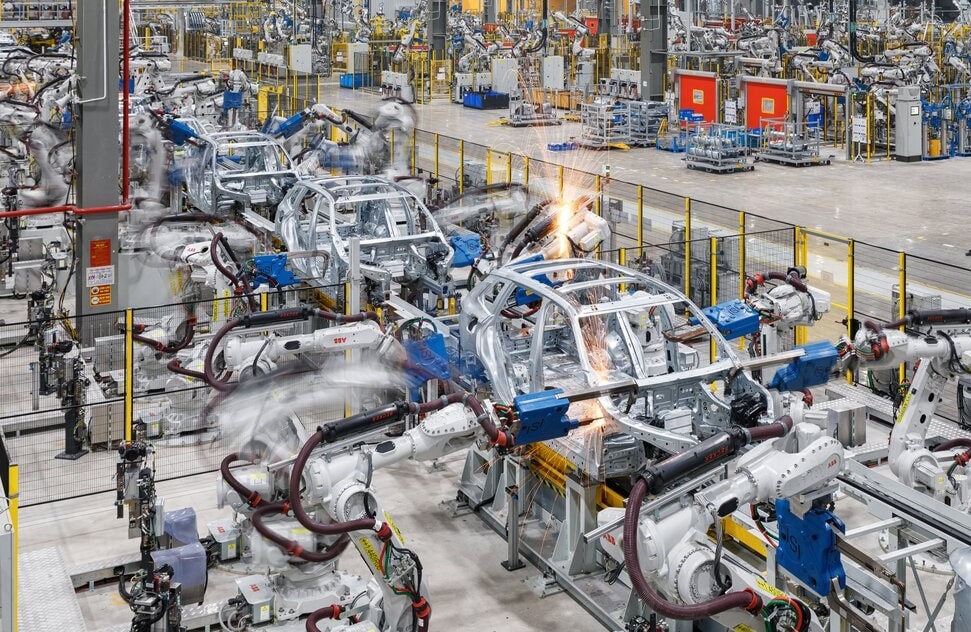The global fashion industry, a colossal force generating USD 2.5 trillion in annual sales and employing over 300 million people worldwide, stands at the nexus of growth and adversity. The sector’s future trajectory depends on factors like global population growth, increasing disposable incomes, and conspicuous consumption.
Of course, the industry also grapples with profound challenges, from subpar garment worker wages to the staggering environmental toll of production and waste.
Hoping to help tackle these issues, international asset manager Robeco has unveiled its Fashion Engagement Equities Strategy — set to not only generate attractive long-term investment returns but also actively engage with companies across the fashion industry to address pressing social and environmental challenges.
As Robeco notes in its press release announcing the move, the strategy aligns with Article 8 of the Sustainable Finance Disclosure Regulation (SFDR) and aims to tackle these issues by investing in and engaging with 30 to 40 publicly listed companies throughout the entire fashion value chain, “from sourcing to production, consumption, and end-of-life.”
In a departure from traditional investment strategies, Robeco’s approach takes into account the megatrends of casualization, premiumization, circularity, and automation in the stock-selection process.
Related Articles: Fast Fashion’s Detrimental Effect on the Environment | Fast Tech ‘Seriously Rivalling Fast Fashion’: How Bad Is the E-Waste Crisis? | Slow Down Fast Fashion
The heart of the strategy lies in combining “disciplined fundamental analysis with tailored, multi-year engagements on key sustainability challenges.” This approach aims to construct an investment portfolio that not only promises potential growth but also actively contributes to positive change within the fashion industry, Robeco explains.
Dora Buckulčíková, Portfolio Manager at Robeco, emphasized the conviction that profit and positive change can be synergistic:
“Our conviction is that profit and positive change can go hand in hand. There is increasing demand for the fashion industry to transform. Companies with leading sustainability characteristics are likely to do better than laggards in the long run. It is our responsibility as long-term shareholders to encourage transparency and sustainable business practices at the individual company level. We believe this strategy positions investors to benefit from and contribute to the fashion industry’s sustainable transition.”
In its press release, Robeco writes that it “believes that safeguarding economic, environmental, and social assets is a prerequisite for a healthy economy and to generate attractive returns in the future.”
As global awareness of environmental and social issues continues to rise, investors are increasingly looking to align their portfolios with sustainable and responsible practices. Robeco’s Fashion Engagement Equities Strategy positions itself as a trailblazer in this movement, offering investors not just financial returns but an opportunity to contribute positively to the transformation of the fashion industry.
Editor’s Note: The opinions expressed here by the authors are their own, not those of Impakter.com — Featured Photo Credit: Rawpixel.







